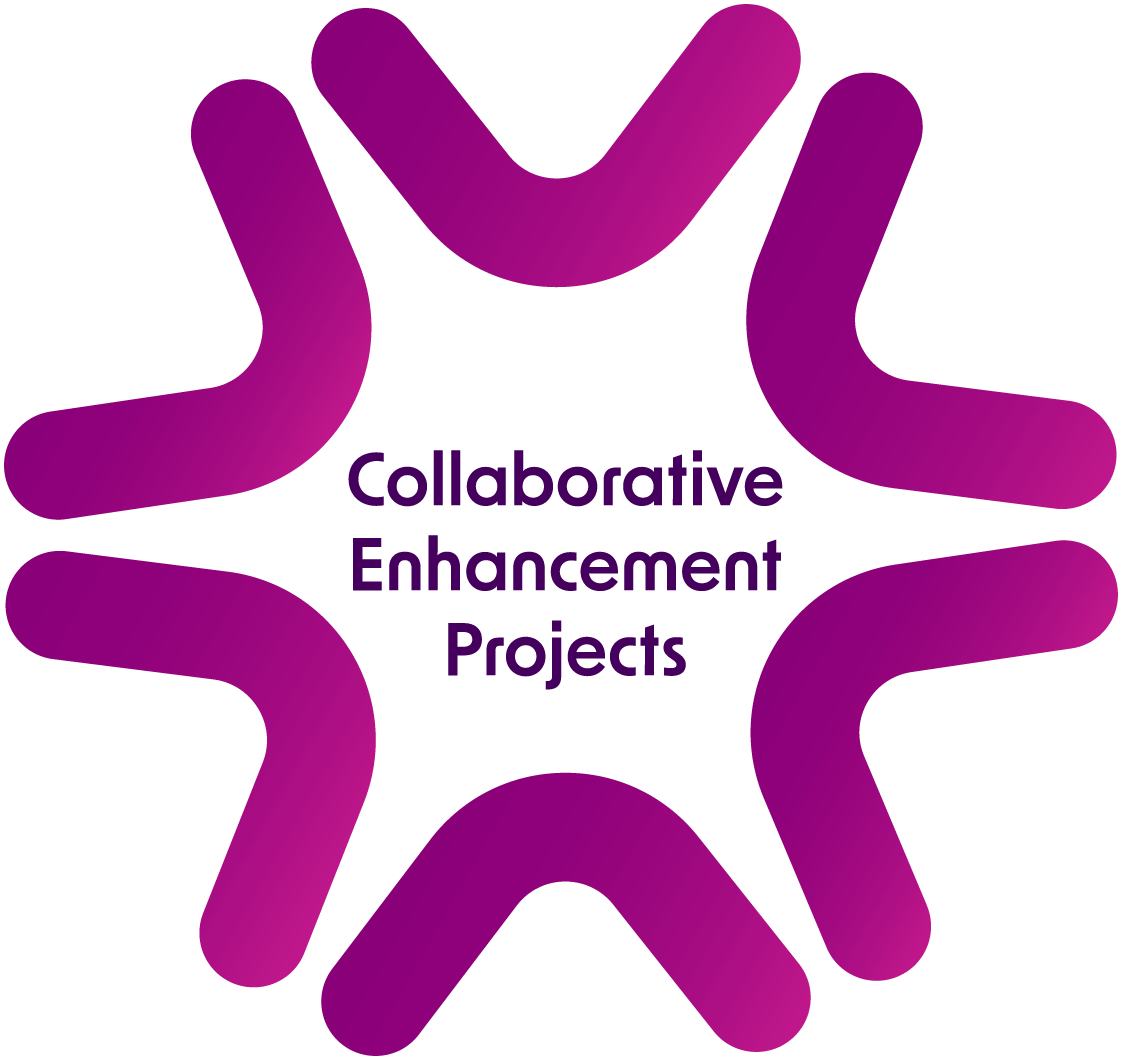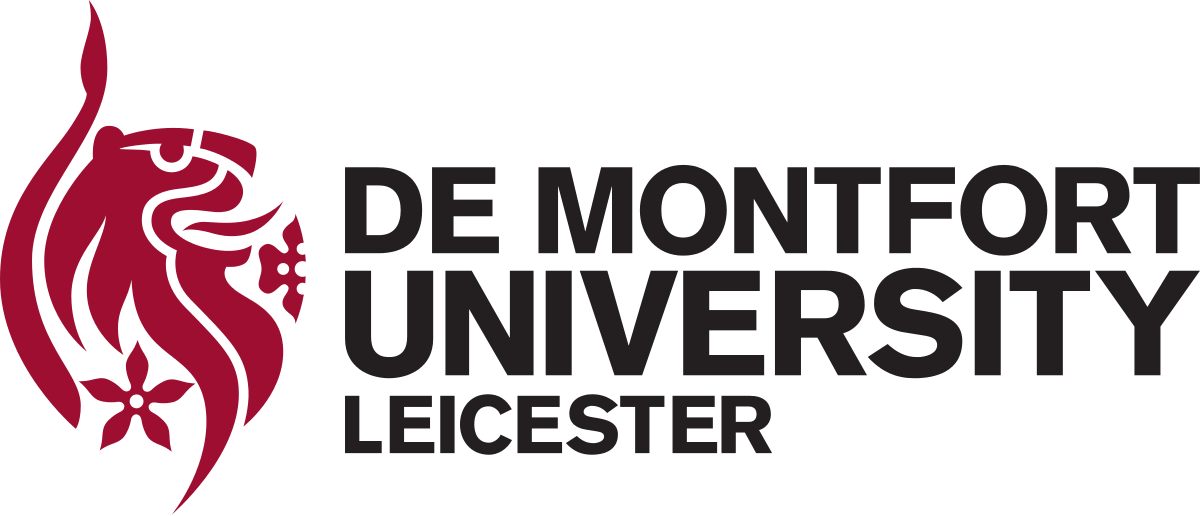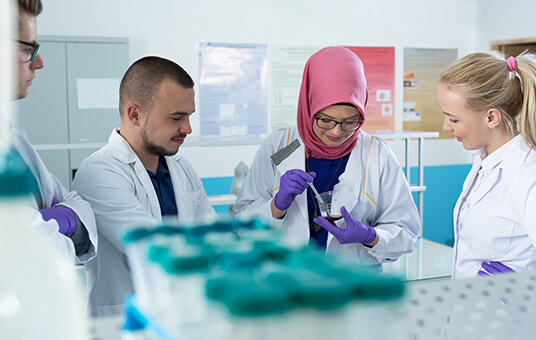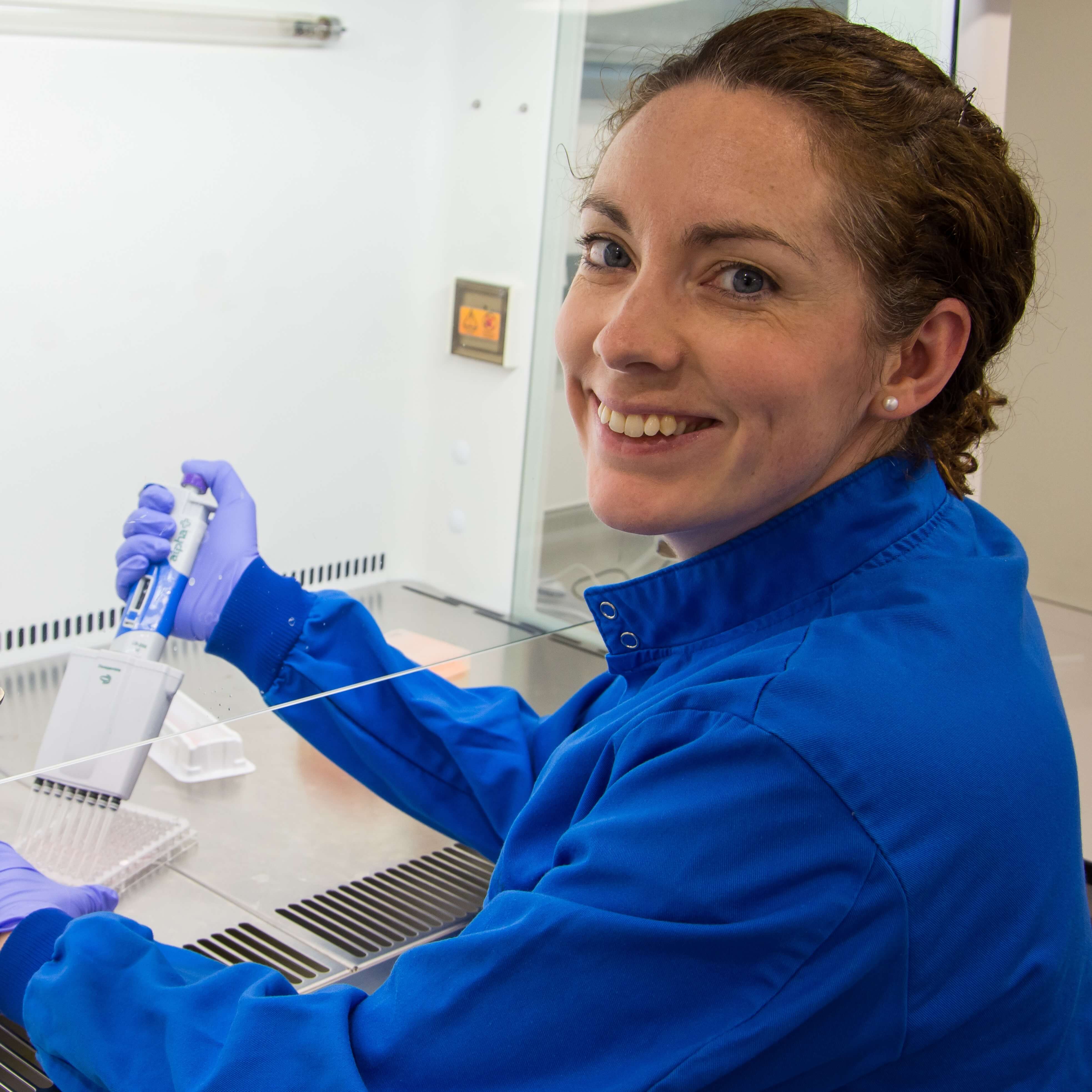
This Collaborative Enhancement Project aims to develop sector-wide guidance to enhance accessibility for neurodivergent students in laboratory learning environments. The project will identify appropriate and reasonable adjustments within laboratory environments that will enhance accessibility and inclusivity for neurodivergent students, and ultimately enhance experiences and academic outcomes.
Project lead: University of Nottingham


About this project
This project will conduct focus groups and case study interviews with self-identified neurodivergent students studying a Science, Technology, Engineering or Mathematics (STEM) course (undergraduate and postgraduate taught courses) involving laboratory teaching at University of Nottingham (UoN) or De Montford University (DMU).
The aim of the project is to generate a set of guidelines for Higher Education (HE) teachers to enhance learning experiences for neurodivergent students in laboratory environments (both taught classes and student research projects).

Neurodivergent conditions include Attention deficit/hyperactivity disorder (ADHD), Dyslexia, Autism Spectrum Condition (ASC), Dyspraxia, Tourette’s and Dyscalculia. Around 15% of the general population is reportedly neurodivergent, but recognition, diagnosis and disclosure is lower among academic populations. The exact prevalence of neurodivergence among our students is unclear, but identified neurodivergent students frequently have poorer academic outcomes, for example Gurbuz et al. (2018) report that fewer than 40% of autistic students complete their degrees.
Awareness and diagnosis of neurodivergent conditions among our students is increasing and consequently more are seeking support and reasonable adjustments. Encouragingly, there is currently a strong focus in Higher Education (HE) on improving accessibility of our teaching materials and learning environments which particularly benefit neurodivergent students.
However, previous research conducted independently by both Dr Natalie Mack and Dr Marie Bassford dentified many accessibility issues for neurodivergent students in laboratory learning environments.
Issues raised so far include: information delivered verbally without supporting slides/text documents, a lack of recording of verbal explanations, sensory overwhelm, large classes, and time pressures to complete complex tasks. These issues have been raised as part of broader research into neurodivergent student experiences, and therefore we now need to delve deeper into their experience within laboratory environments if we are to effectively tackle these issues in a cross-institutional and sector-wide manner.
We are specifically interrogating laboratory taught elements as many current initiatives to enhance accessibility do not translate well into these learning environments. For example, lab spaces often lack recording capability, and many items cannot be taken into labs due to health and safety regulations thereby restricting access to coping devices such as headphones. Laboratory classes and research projects are a common and key component of STEM courses in HE and therefore the outcomes of this work will have wide-reaching impact across QAA member institutions.
This work will identify appropriate and reasonable adjustments within laboratory environments that will enhance accessibility and inclusivity for neurodivergent students and ultimately enhance experiences and academic outcomes. The new guidance should become a useful resource to raise awareness of the issues some students face and ideas to effectively address them. The emphasis will be on creating a supportive guide rather any set of rules as these learning environments can be very diverse and may have their own unique challenges. We will also welcome future feedback and refinement suggestions as the guidance is implemented at additional institutions in order to maximise the impact and utility of the guide across the sector.

